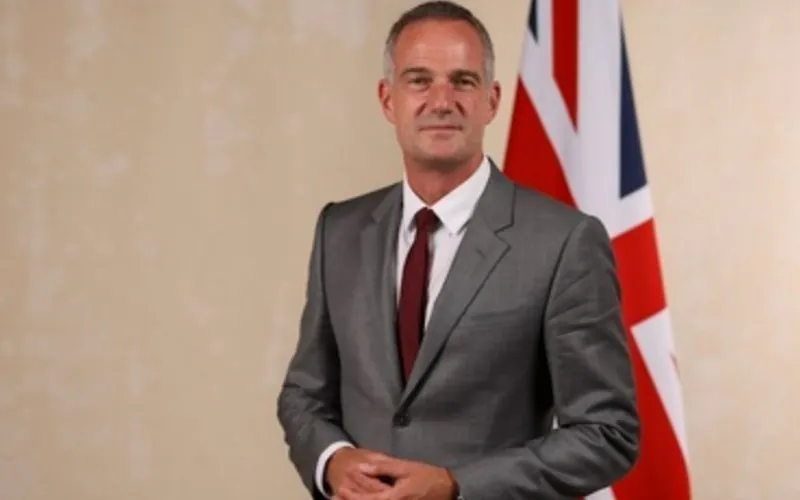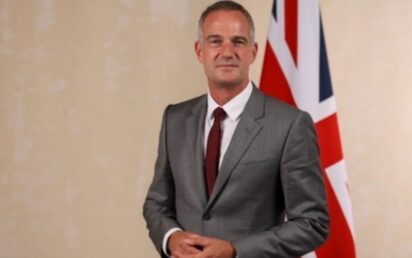Thousands of postgraduate students will study cutting-edge science at universities across the UK as part of a £500m skills drive announced today.
It’s hoped the backing of the higher education sector will unearth new discoveries and bring through the expert workforce that can grow our economy and improve lives for years to come.
Support will be targeted to areas of study where universities are particularly strong, with over 4,700 talented students and 45 of our world-class higher education institutions unlocking the next generation of transformative discoveries.
In announcing the £500m funding, Science and Technology Secretary, Peter Kyle, said: “Backing the next generation of great scientific minds to fulfil their potential is crucial to unlocking the discoveries which improve our lives and keep our economy growing over the long term through highly skilled jobs.
“This £500m investment will support our vitally important higher education sector while supporting more bright students to pursue their talents and in turn deliver the life-saving drugs and clean energy alternatives of the future, that benefit all of our lives.
“The aim of this funding is to support the next generation of researchers in further groundbreaking work across the breadth of scientific discovery, pushing the boundaries of what is possible in health, physics, engineering and more, and driving the economic growth we need in the UK.”
The Doctoral Landscape and Doctoral Focal Awards, provided by UKRI and announced on National Engineering Day, will open doors to bright students to study projects in biological, engineering and physical, and natural and environmental sciences.
The funding has been made available to universities and prospective students will apply in the coming months ahead of beginning their studies next year.
Why Sir Howard Bernstein continues to hold the keys of power
It will create opportunities to commercialise discoveries which could in time bring in millions of pounds to institutions, reflecting the key role they play in getting ambitious projects off the ground.
Similar funding packages supported former University of Leicester PhD student, Dr Roland Leigh, to create a tool now available to millions around the world to reduce the harm of air pollution by monitoring its levels.
His work as chief technical officer at UK-firm Earthsense continues to tackle its impact – with bases in six continents – as the largest environmental risk to public health in the UK, linked to shorter lifespans and chronic diseases like asthma.
It also led to the foundation of Wild Bio by former University of Oxford student Ross Hendron – a spinout launched with £12m of seed capital, the largest ever seed fundraise in plant science in Europe.
The project is working to make crops such as wheat and maize grow faster by integrating expertise in plant biology with computer algorithms to analyse crop genetics, to tackle the challenges of global food security and climate change.
Other past recipients of similar funding packages include Dr Jennifer Olsen, who was named among the Women in Engineering Society’s ‘WE50 Engineering Heroes’ for her PhD work at Newcastle University to improve the function and comfort of prosthetic limbs, with her research continuing into improving the safety of prosthetic sockets.
Education Secretary, Bridget Phillipson, said: “Our universities are vital engines of growth, and this government is backing them to cement this status by building a pipeline of skills that will drive the country’s economic recovery.
“We have also been clear that we want to work with the higher education sector on a wider programme of reform, with Skills England helping ensure young people and adults have the training they need to access real opportunities in tomorrow’s economy, particularly those essential to advancing our clean energy goals and achieving a sustainable future.”


